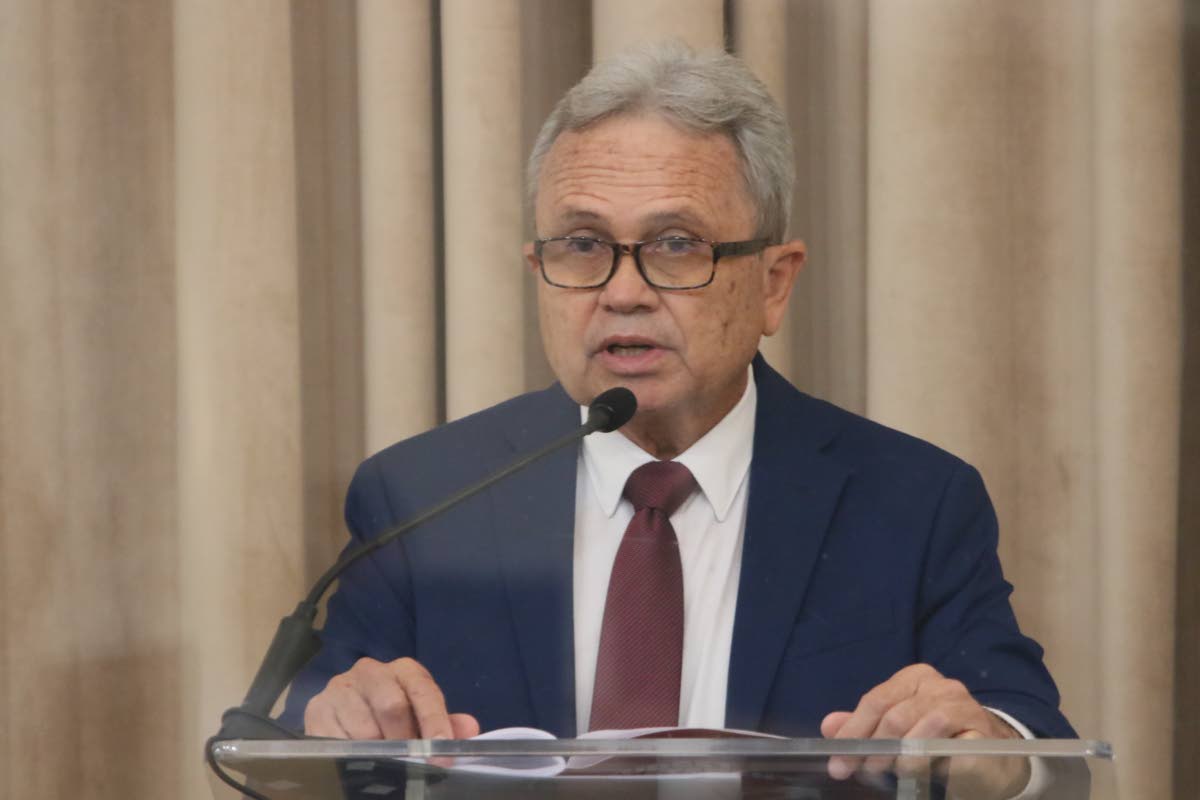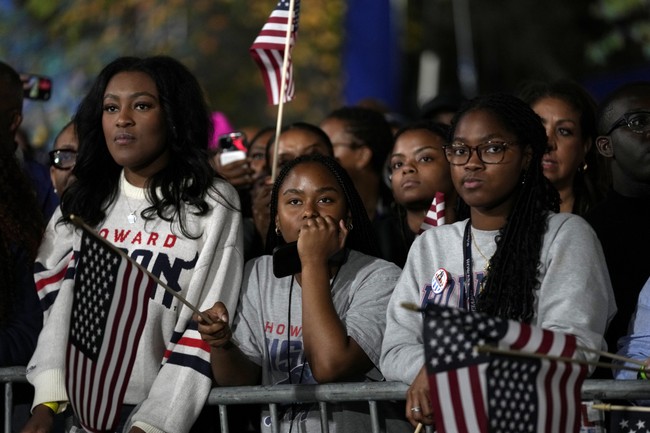Music is a unique art form through which musicians capture the different facets of society. The 62 years of Nigeria’s existence are filled with several painful low points, the musicians from the different eras have lent their talents in demanding that the social contract that formed the basis of this nationhood be executed justly, fairly, and equitably.
Saturday, October 1st, 2022 marks 62 years since Nigeria gained her independence from the British Empire. During the turbulent history of this country, there have been notable intersections between politics and Nigerian music.
As Nigerian capital cities host colorful parades and government-owned architectures adorn national colors in celebration of the 62nd year of independence, it offers a moment for music lovers to revisit some of the notable and timeless intersections of our nationhood with Nigerian music.
The Second World Black and African Festival of Art and Culture is a historic moment when Nigeria’s cultural diversity and uniqueness were displayed in all its glory before the world.
The event which was the brainchild of the General Olusegun Obasanjo administration attracted over 16 thousand participants from different countries across the world where blacks are richly spread.
The event was held from 15 January 1977 to 12 February 1977 and it had in attendance celebrated musicians including America’s Stevie Wonder, Gilberto Gil from Brazil, Bembeya Jazz National from Guinea, Mighty Sparrow from Trinidad and Tobago, Les Ballets Africains, South Africa’s Miriam Makeba, and Franco Luambo Makiadi. Nigeria’s very own King Sunny Ade also delivered an unforgettable performance.
Today the legacy of the festival still stands in land spreads of art, culture, and real estate that is the popular FESTAC neigborhood of Lagos State.
“Thursday is Thursday” – Runtown
In October 2020, Nigeria witnessed the largest civilian protest and mass movement in the nation’s history. The movement was inspired by continuous police brutality targeted at young Nigerians who were being profiled and hunted by the rogue police unit.
While the agitations started online and were sparked by the killing of a young man in Ugheli Delta State, it was Runtown’s famous “Thursday is Thursday” tweet that inspired the mass movement in Lagos the nation’s most important city.
The movement was fuelled by songs that captured police brutality and notably Davido’s ‘FEM’ quickly became the unofficial anthem.
Nigerian musicians played notable roles in the protest. The internet will never forget the chilly picture of Davido using himself as a human shield to protect protesters in Lagos. Wizkid joined the protest from London. Small Doctor leading a massive march in Agege. Phyno and Flavour lead the long walk to Akwuzu Sarz. And when the protest was ended by the bullets of the military, Burna Boy‘s ’20/10/20′ documents the events.
- Sir Victor Olaiya’s performance for Queen Elizabeth in 1956
When the Queen of England Elizabeth II visited Nigeria in 1956, it was Sir Victor Olaiya who was called upon to entertain her with his Highlife music.
Also when Nigeria gained Independence in 1960, Victor Olaiya was at hand to mark the celebration with his music. And he was not missing in 1963 when Nigeria became a republic and weaned herself from the breast of the British Empire.
Sir Victor Olaiya is reported to have been knighted by the Queen for his achievements in music as part of the independent day celebration of 1960.
The impact of his music and the respect he enjoyed in the political circle made him an inextricable part of key events in Nigeria’s nationhood.
Fela Anikulapo Kuti’s Incaceration
You may get goosebumps when Fela’s name is mentioned and chills when you hear his songs. You’re not alone. Millions of people around the world feel the same about the legend and enigma who can be said to be the most important musician to come out of Africa and one of the most important artists to walk the face of the earth.
During his days, Fela was torn in the flesh of Nigeria’s corrupt military juntas who held the country by brigandage. Fela boldly called them out for their dictatorship and corruption.
Fela would eventually be sent to 5 years in prison by General Buhari’s regime under frivolous charges of drug possession although he was released after 20 months. According to Fela in his Carlos Moore biography, the judge who sentence him would later apologize to him, claiming that Fela’s incarceration was masterminded by the Buhari regime.
- The attack on Fela’s African Shrine Kalakuta
On 18th February 1977, over a thousand soldiers invaded the African Shrine Kalakuta located at 14 Agege Motor Road, Idi-Oro, Mushin, Lagos where he lived with his ever-expanding family.
His house was ransacked and burnt to the ground and his mother the phenomenal labor rights icon Chief Fumilayo Ransome Kuti was thrown out of the window of a storey building. She would later die as a result of the injuries sustained in the hands of brainless soldiers under the instructions of General Olusegun Obasanjo.
In response to his Mother’s death, Fela would later carry a mock casket to Dodan Barracks which is the seat of power in defiance of Obasanjo, and to make a political statement that echoes till today.
Odi Massacre – ‘Dem Mama’ by Timaya
- Femi Kuti’s refusal to Perform at the Abacha Rally in 1998
- Afrobeats Superstars combine for Ambode’s Campaign Song
- The Essence of Democracy – ‘Democracy’ by Sir Aare (Dr) Sikiru Ayinde Barrister
- by Eedris Abdul Kareem
While many enjoyed and even danced to Timaya’s break-out single ‘Dem Mama’, some might not know that it was a true story that documents the sad Odi Massacre of November 20th, 1999 in Odi in Bayelsa State.
The Nigerian military on a retaliation mission invaded the Odi under the instruction of President Obasanjo and pillaged, plundered, and killed civilians whose death toll was placed in the region of 2500 by Nnimmo Bassey, Executive Director of Environmental Rights Action.
After ousting the interim president, maniacal former Head of State General Sani Abacha concluded plans to install himself as a President for life and he set up a mega rally in Abuja to sell this idea.
Several high-flying artists such as Shina Peters, Orits Wiliki, Onyeka Onwenu, Victor Uwaifo, and Daddy Showkey performed at the shameful Youth Earnestly Ask for Abacha (YEAA) rally.
Femi Kuti, however, wanted to part in the event and staunchly refused to perform. This was a bold move that echoes the saying that Lions don’t give birth to sheep.
In the modern history of Nigerian mainstream music or Afrobeats, as it’s known, no campaign song matches the 2015 campaign track of Ex Lagos State Governor Akinwunmi Ambode.
The song saw the M.I Abaga, Ice Prince, Olamide, Yemi Alade, Flavour, Banky W, Dammy Krane, and Desmond Elliot come together to deliver a hit campaign song that could have topped the charts if it were released today.
It was indeed an interesting moment in the intersection of Nigerian music and politics.
After successive juntas by the Nigerian military, there appeared to be light at the end of the tunnel in 1992 when General Ibrahim Babangida announced that the nation will return to democratic rule in 1993.
The news was received with excitement and a great sigh of relief and this was captured by ‘Democracy’ the 1992 record of Fuji Icon Sir Aare (Dr) Sikiru Ayinde Barrister.
Even though the acclaimed evil genius would go on to annul the election and set the path for further doom for the nation, the moment of hope that the June 13 election inspired highlights the importance of democracy.
So as Nigeria celebrates her 62nd anniversary since it stopped being a colony of the British Empire, we must remember that democracy remains the best form of government. And the onus is on us to get out PVCs and vote for the candidate that will provide the true, just, and equitable democratic dividends.
‘With a divider’
It’s not often that a musician will release a song that thoroughly indicts the government over the poor state of the nation and the government reacts. The ability to cause Nigeria’s nonchalant and irresponsible leaders great discomfort is reserved for the Enigma Just Cut.
However, Eedris Abdulkareem was able to deliver a scathing song in ‘Jaga jaga’ that drew tantrums from President Obasanjo who had the song banned on the radio.
The rather ban turned out to be a pointless waste of time as the single soared in popularity and acceptance, and would go on to become a classic.
almost two decades after Eedris highlighted the dysfunction that is the order of the Nigerian state, it’s hard to say Nigeria as a nation is fairing better.
62 years after independence, Nigerian musicians are still singing the same tune and asking the same questions. When will Nigeria get it right?
JOIN OUR PULSE COMMUNITY!
Our newsletter gives you access to a curated selection of the most important stories daily.
Welcome to the Pulse Community! We will now be sending you a daily newsletter on news, entertainment and more. Also join us across all of our other channels – we love to be connected!
Unblock notifications in browser settings.
Note: This article have been indexed to our site. We do not claim legitimacy, ownership or copyright of any of the content above. To see the article at original source Click Here











